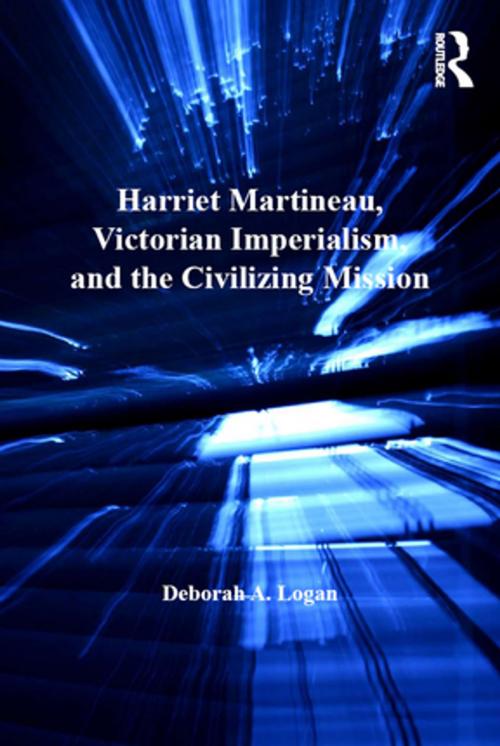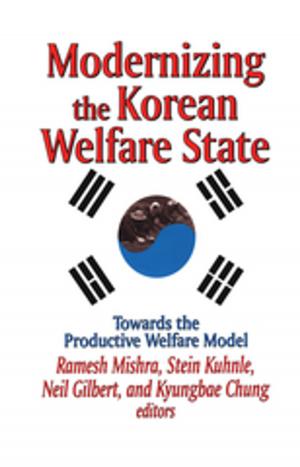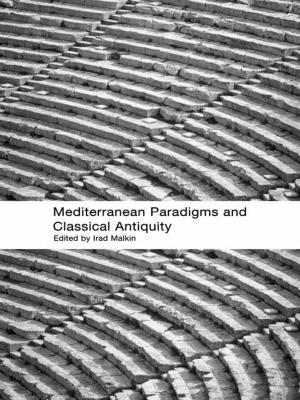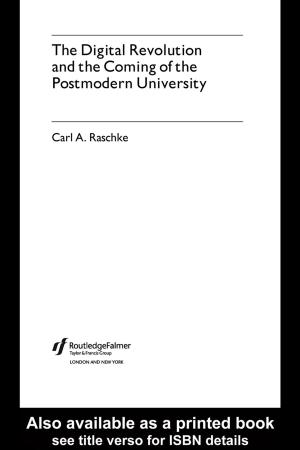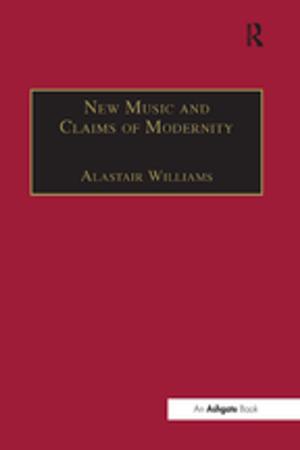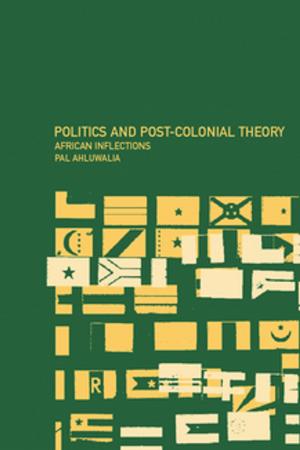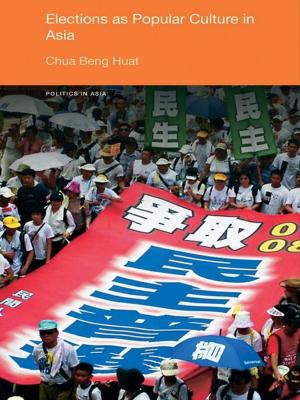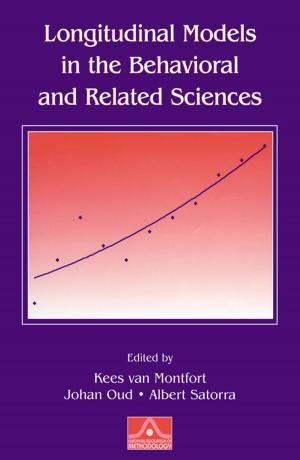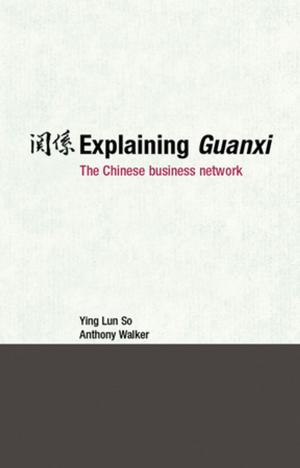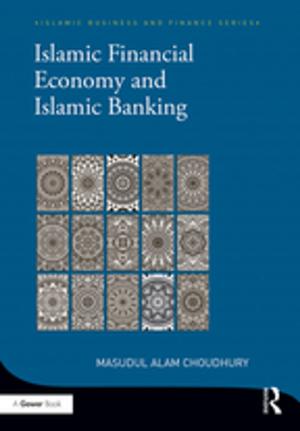Harriet Martineau, Victorian Imperialism, and the Civilizing Mission
Fiction & Literature, Literary Theory & Criticism| Author: | Deborah A. Logan | ISBN: | 9781317123637 |
| Publisher: | Taylor and Francis | Publication: | April 22, 2016 |
| Imprint: | Routledge | Language: | English |
| Author: | Deborah A. Logan |
| ISBN: | 9781317123637 |
| Publisher: | Taylor and Francis |
| Publication: | April 22, 2016 |
| Imprint: | Routledge |
| Language: | English |
In her in-depth study of Harriet Martineau's writings on the evolution of the British Empire in the nineteenth century, Deborah A. Logan elaborates the ways in which Martineau's works reflect Victorian concerns about radically shifting social ideologies. To understand Martineau's interventions into the Empire Question, Logan argues, is to recognize her authority as an insightful political commentator, historian, economist, and sociologist whose eclectic studies and intellectual curiosity positioned her as a shrewd observer and recorder of the imperial enterprise. Logan's primary sources are Martineau's nonfiction works, particularly those published in periodicals, complemented by telling references from Martineau's didactic fiction, correspondence, and autobiography. Key texts include History of The Peace; Letters from Ireland and Endowed Schools of Ireland; Illustrations of Political Economy; Eastern Life, Present and Past; and History of British Rule in India and Suggestions for the Future Rule of India. Logan shows Martineau negotiating the inevitable conflict that arises when the practices of Victorian imperialism are measured against its own stated principles, and especially against Martineau's idea of both the Civilizing Mission and the indigenous cultural integrity often compromised in the process. The picture of Martineau that emerges is complex and fascinating. Both an advocate and a critic of British imperialism, Martineau was a persistent champion of the Civilizing Mission. Written with an awareness that she was recording contemporary history for future generations, Martineau’s commentary on this perpetually fascinating, often tragic, and always instructive chapter in British and world history offers important insights that enhance and complicate our understanding of imperialism and globalization.
In her in-depth study of Harriet Martineau's writings on the evolution of the British Empire in the nineteenth century, Deborah A. Logan elaborates the ways in which Martineau's works reflect Victorian concerns about radically shifting social ideologies. To understand Martineau's interventions into the Empire Question, Logan argues, is to recognize her authority as an insightful political commentator, historian, economist, and sociologist whose eclectic studies and intellectual curiosity positioned her as a shrewd observer and recorder of the imperial enterprise. Logan's primary sources are Martineau's nonfiction works, particularly those published in periodicals, complemented by telling references from Martineau's didactic fiction, correspondence, and autobiography. Key texts include History of The Peace; Letters from Ireland and Endowed Schools of Ireland; Illustrations of Political Economy; Eastern Life, Present and Past; and History of British Rule in India and Suggestions for the Future Rule of India. Logan shows Martineau negotiating the inevitable conflict that arises when the practices of Victorian imperialism are measured against its own stated principles, and especially against Martineau's idea of both the Civilizing Mission and the indigenous cultural integrity often compromised in the process. The picture of Martineau that emerges is complex and fascinating. Both an advocate and a critic of British imperialism, Martineau was a persistent champion of the Civilizing Mission. Written with an awareness that she was recording contemporary history for future generations, Martineau’s commentary on this perpetually fascinating, often tragic, and always instructive chapter in British and world history offers important insights that enhance and complicate our understanding of imperialism and globalization.
